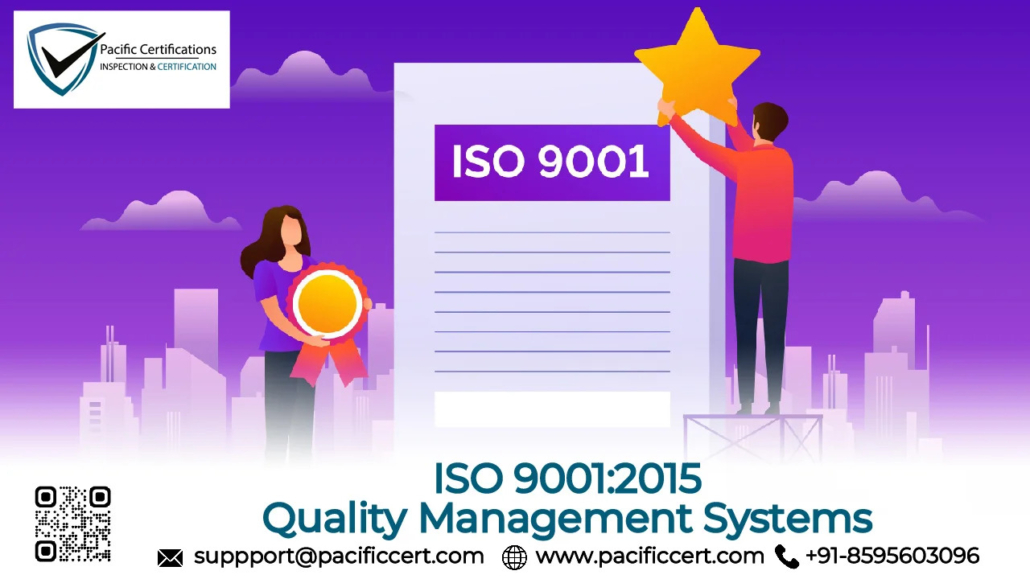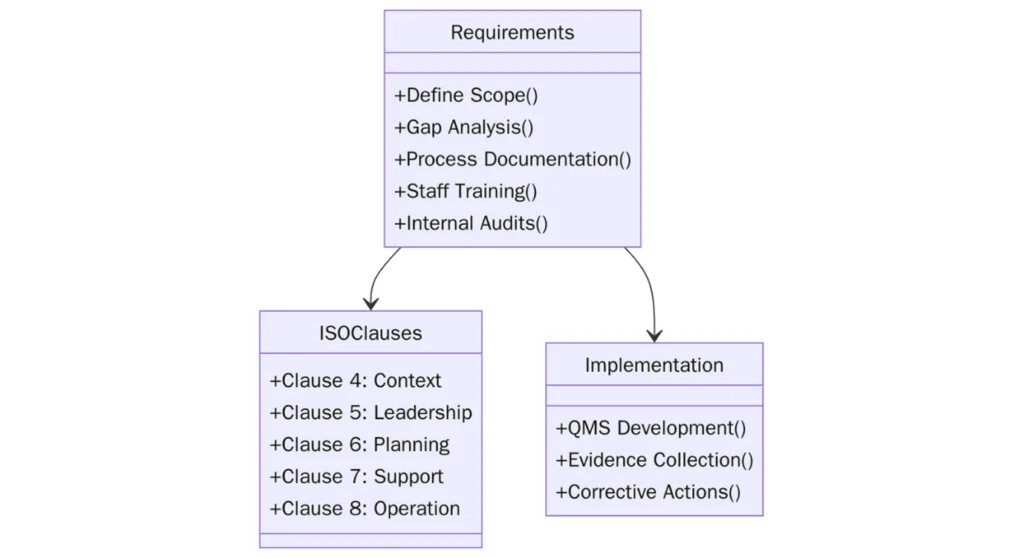ISO 9001:2015 – Building a Strong Quality Management System

ISO 9001:2015 is the most widely recognized standard for building a structured and reliable Quality Management System. Organizations across industries use it to improve consistency, customer satisfaction, and overall business performance. The standard focuses on process-based approaches, risk management, and continuous improvement, making it suitable for both small and large businesses.
Why organizations invest in ISO 9001:2015?
Companies that pursue ISO 9001:2015 certification gain more than just recognition. The framework provides measurable ways to reduce errors, improve internal communication, and meet customer needs. While many organizations worry about ISO 9001 Certification Cost, the long-term benefits often outweigh the initial investment. Certification shows that the company follows globally accepted practices, which increases credibility and opens new business opportunities.
Building a strong base through Quality Management System
At the heart of ISO 9001:2015 lies the principle of a Quality Management System. This system is not just documentation but a structured approach to running daily operations, from product design to customer support. By creating clear processes, identifying risks, and monitoring performance, businesses can reduce waste and deliver consistent results.

Employees play a crucial role in making the Quality Management System effective. Proper ISO 9001 Training helps them understand their responsibilities, align their tasks with organizational goals, and support continual improvements.
Training and awareness in ISO 9001:2015
ISO 9001 Training is an important step in ensuring that everyone in the organization understands the principles of the standard. Training can range from internal awareness sessions to certified lead auditor programs. For employees, training means clarity in their roles and fewer errors in work execution. For management, it means stronger monitoring systems and better decision-making.
When combined with the company’s focus on maintaining an efficient Quality Management System, training directly impacts business growth and customer trust.
The balance of investment and ISO 9001 Certification Cost
Many organizations hesitate to start certification because of the ISO 9001 Certification Cost. However, the cost should be seen as an investment in business stability and global acceptance. Costs vary depending on the size of the organization, complexity of processes, and choice of certification body.
Small businesses may find the cost lower since their operations are simpler, while larger organizations with multiple sites may require longer audits. Still, the return on investment includes better customer satisfaction, higher efficiency, and opportunities to bid for international contracts.
How ISO 9001:2015 helps businesses grow?
ISO 9001:2015 certification supports growth by aligning all activities within an organization under a consistent framework. Businesses gain measurable improvements in delivery times, supplier relationships, and customer feedback management. Moreover, certification signals to clients and stakeholders that the organization is serious about maintaining high-quality standards.
A well-functioning Quality Management System also reduces the risks of non-conformities and costly mistakes. Over time, this leads to increased trust, repeat business, and improved market competitiveness.
Conclusion
ISO 9001:2015 is not just about compliance—it is about building a sustainable system that benefits customers, employees, and stakeholders. While organizations must plan for ISO 9001 Training and factor in ISO 9001 Certification Cost, the long-term advantages are clear. Certification ensures that companies maintain a strong Quality Management System, improve consistency, and expand their opportunities in global markets.
FAQs on ISO 9001:2015
What is ISO 9001:2015 used for?
It provides a structured framework to build a Quality Management System that improves consistency and customer satisfaction.
How long does it take to get ISO 9001:2015 certification?
The process typically takes between three to six months, depending on the organization’s size and readiness.
Is ISO 9001:2015 certification mandatory?
No, it is not mandatory, but many industries and clients require it as a condition to do business.
How much does ISO 9001 Certification Cost?
The cost varies by company size, process complexity, and location, but it is generally seen as an investment in long-term growth.
Do employees need ISO 9001 Training?
Yes, training helps employees understand the system, reduces errors, and ensures smooth implementation across all levels of the organization.
